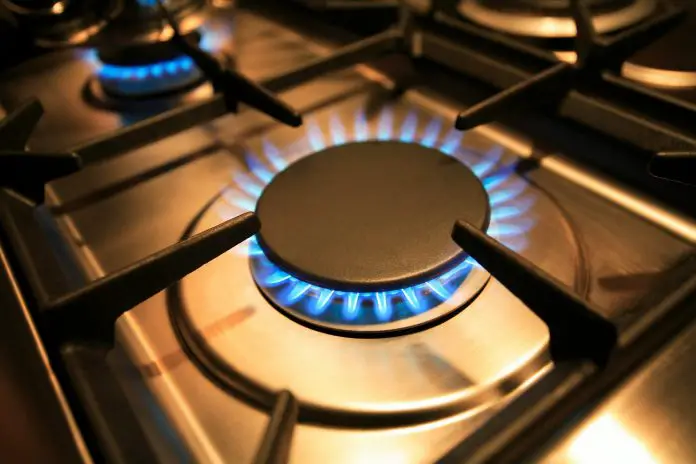A coalition of business advocates is making waves in Maryland as the National Federation of Independent Business (NFIB) announces its involvement in a lawsuit challenging a new ban on natural gas. This movement is particularly relevant to small business owners who rely heavily on affordable energy to power their operations.
The Maryland law supports a transition to electric heating systems in new residential construction, effectively banning gas connections. Proponents argue this is a step towards sustainability and reducing carbon emissions. However, small business owners are concerned about the practical implications this law could have on operational costs and competitiveness, particularly in the wake of rising inflation and economic uncertainty.
Key Benefits of the Lawsuit
- Cost Management: Small business owners typically operate on tight margins. Allowing natural gas as an energy source can help keep operating costs lower. Natural gas is often less expensive than electricity for heating. NFIB asserts that banning gas could lead to higher utility costs, which small businesses may struggle to absorb. “Small businesses simply cannot afford another hit to their bottom line,” said NFIB Maryland State Director, Nicole Riley.
- Economic Stability: Many businesses depend on the consistent energy supply that natural gas provides for heating and cooking. The lawsuit aims to maintain energy choices and stability, ensuring that small businesses are not forced into potentially costly upgrades to electric systems that may not be feasible.
- Job Creation: The push for gas alternatives could lead to job losses in sectors that support natural gas production and distribution. By joining the legal fight, NFIB highlights the importance of maintaining energy diversity to protect local jobs within the state’s economy.
Practical Applications for Small Business Owners
Small business owners should assess their current energy sources and consider the potential impacts of the gas ban on their operations. If the ban proceeds, those relying on natural gas for heating, cooking, or production may need to explore alternative energy solutions. While solar or electric heating may seem attractive, it’s essential to calculate long-term costs and installation challenges.
Additionally, owners should evaluate their overall sustainability strategy in light of this lawsuit. This may inspire businesses to consider other eco-friendly practices that can reduce their carbon footprint while also appealing to environmentally conscious consumers.
Potential Challenges Ahead
While the NFIB’s lawsuit positions small businesses favorably, it is essential to acknowledge the challenges it might entail. The transition to electric systems has been framed as a necessary step towards combating climate change, which may resonate with many consumers. If the ban is upheld, small businesses may face mounting pressure to adapt, potentially leading to unanticipated financial burdens.
Another challenge arises from the current political landscape surrounding energy policies. As sustainability becomes a more significant focus in legislation, small business owners must remain proactive and engaged in policy discussions. They should strongly advocate for their interests, ensuring their voices are heard in shaping the future of energy use.
Adding to this dynamic, business owners can anticipate differing opinions within their communities about energy practices. Balancing these views while making business decisions may become increasingly complicated.
Looking Ahead
The NFIB’s decision to challenge the gas ban resonates deeply among Maryland’s small business community. By addressing the potential average costs, job implications, and the need for energy stability, the lawsuit highlights the pivotal role that energy choices play in the success of small enterprises.
As the legal proceedings unfold, small business owners are encouraged to stay informed, connect with local chambers of commerce, and participate in discussions regarding energy policy. The outcome could shape the operational landscape in Maryland, making it crucial for businesses to be prepared and adaptable.
For further details about NFIB’s challenge and its implications for small businesses, visit the original post here.



